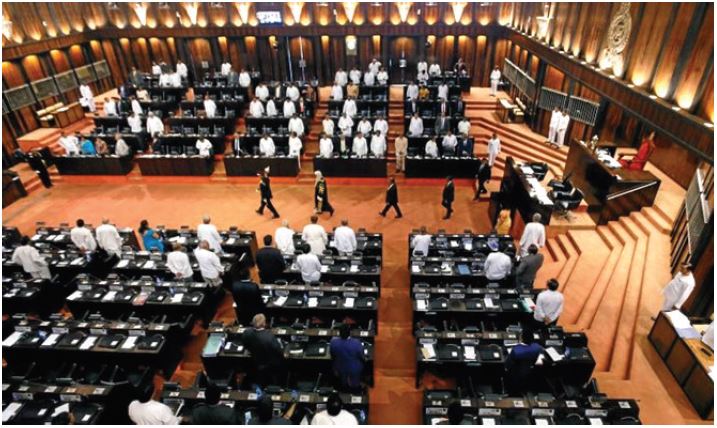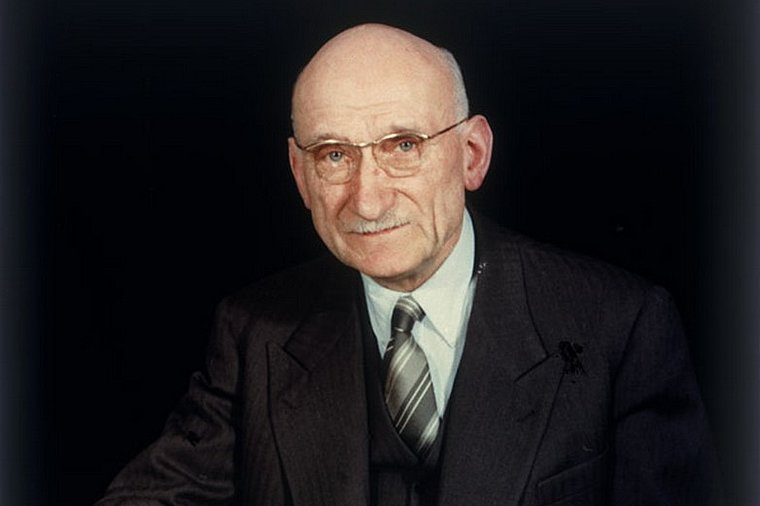The SIIAEC (*) Pax Romana Assembly held from 20th to 22nd April 2018 reflected on the question of Solidarity in Europe. The European Union was supposed to set good example of democracy, human rights and rules of law, but nationalists and populists have come to power in several EU countries, although in a democratic way. The situation in such countries, earlier belonging to the Soviet Bloc, requires special attention. Their ruling parties believe that political will is above law. We know of this attitude and its consequences from recent history. The aim of this statement is to invite our members to take part in the renewal of the EU project.
Back to history
Europe has been wounded by so many wars including huge religious conflicts. The EU is a political answer, a project of peace wanted by those who experienced the devastating effects of racist or nationalist policies. More than a set of treaties it is an association of people and nations. It is gradually built by “de facto” solidarities, economic activities being one means to achieve this.
In fact we have to remember the political convictions of Robert Schuman, Alcide de Gasperi, Konrad Adenauer and many other prophets of our time, who objected to the humanitarian disasters during the two great wars in the 20th century. They believed that if nationalisms and narrow-minded national interests are rejected in favour of cooperation, solidarity and mutual confidence among nations and peoples, we shall be able to live in peace.
Evolutions
The context has changed; the liberal approach of global finance has become dominant, putting politics at its service, and creating inequalities and tensions. Hate politics have reappeared against the establishment, Brussels, foreigners, migrants, Jews or Muslims. Public communication mainly at the service of economic or political interests has created a loss of confidence and conspiracy trends. Terrorist attacks and Europe’s declining position in the world have developed a culture of fear, looking for protection by new walls.
Today the peoples are greatly divided, both at the European level between East and West, North and South, big and small, and within countries where anti-European feelings are rising and achieve success. These divisions cause difficult European decision-making on tax harmonization, foreign policy, management of crises: Greek debt situation, the war in Ukraine, terrorism, waves of migrants and refugees, Brexit …
Sources of inspiration.
– In 1953, Robert Schuman wrote an article for a Pax Romana review entitled “the necessary bases for a European Community”: it is not enough to establish European Institutions. “It would be like a body without a soul. (…) The peoples of the European Community must recognize their solidarity und trust in mutual cooperation (…) our objective must be to establish a spiritual community between human beings and between nations”.
– In November 2014 Pope Francis paid a visit to the European Parliament and to the Council of Europe in Strasbourg and stated: “Today, the promotion of human rights is central to the commitment of the European Union to advance the dignity of the person, both within the Union and its relation with other countries. Europe will be able to solve the problems associated with immigration only if it is capable of clearly asserting his own cultural identity, protect the rights of European citizens and ensure the acceptance of immigrants”.
– In 2017, 400, mostly young, Europeans –scientists, students, lawyers and artists met in Rome. They presented an outstanding “Rome Manifesto”: “In the belief that the European Union of today is unfit to face the major challenges of our time, in acknowledgement that the European future is in the people’s hands, in the conviction that European unity, rather than division is the best way forward. …we stand up for Europe… and we invite every European to join us in this endeavour.”
What should we do ?
We believe that the future depends on our ability to cooperate today. But this is endangered by the culture of fear, that harasses the culture of solidarity, creates mistrust and dehumanizes individuals and groups. We must react by promoting a move from fear and mistrust to encounter, dialogue, and commitment. All actors of civil society, including religions and different walks of life, schools or currents of thought reflecting Europe’s plurality, are called, to the extent of their means, to promote human solidarity. This is a challenge for Pax Romana Icmica and SIIAEC.
How?
Here are a few examples for actions
– To promote actions at the local or national level offering an experience of solidarity and democracy. For example, the actions of MEIC in Torino, the declaration of the Warsaw KIK (*) together with other NGOs: “Solidarity in truth / Truth and reconciliation calling for Polish Jewish reconciliation”.
– To share the actions of our movements at the local or national level that can inspire others, through the project “Listening and dialogue”
– To share our analysis and create on the European level a solidarity platform of analysing experiences and situations, and deepening the meaning of democracy in Europe,
– To invite lay movements of intellectuals and professionals who are not members of our networks, to work together on topics that concern us all. It is not necessary to recruit them as members but it is essential to cooperate.
– To enhance cooperation between Miacs (International Movements of Specialized Catholic Action), youth and adults, by supporting their European projects. We share common perspectives with different approaches.
– To invite the institutional Church to defend the human person in his dignity as God’s image and His child, wherever he is threatened or despised, as well as to practise solidarity with the refugees and seek aid for them. Any xenophobic attitude is fundamentally contrary to Jesus Christ’s message.
– To reinforce the cooperation with religious orders engaged in similar perspectives from a different state of life.
– To support the action of our delegates in the international institutions such as the UNO, and in particular the Council of Europe by promoting better connections with the local level.
(*)
KIK (Klub Inteligencji Katolickiej – The Club of Catholic Intelligentsia)
SIIAEC The International Secretariat of the Catholic Engineers, Agronoms and Economists;
Pax Romana Icmica: Intenational Catholic Movement for Intellectual and Cultural Affairs
24/05/2018




Leave A Comment
You must be logged in to post a comment.